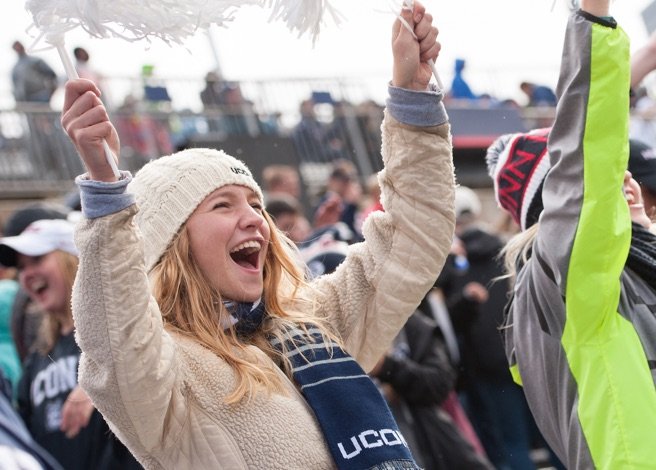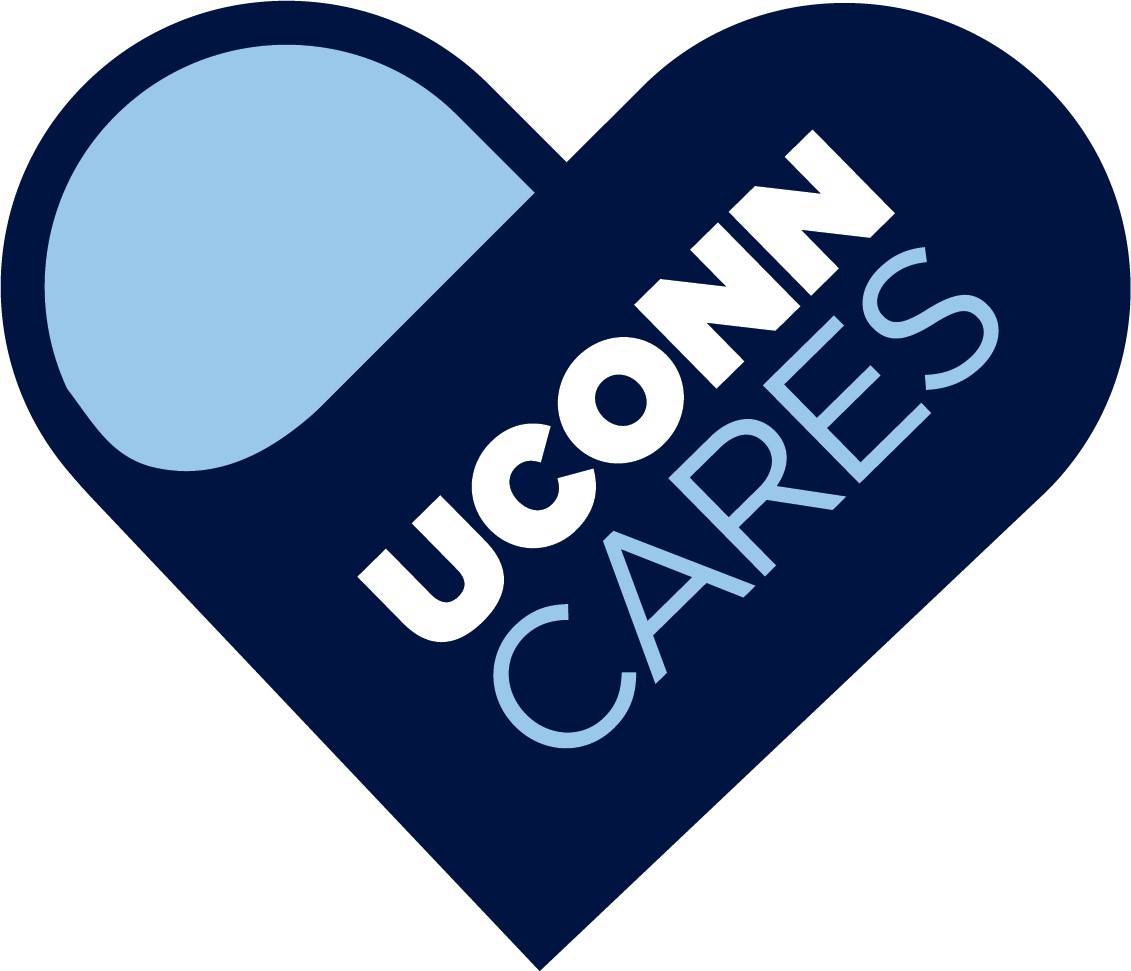Our Impact Together, we're making a difference.
47.7
Million dollars raised for academic programs in FY 2023
55.5
Million dollars raised for scholarships & fellowships in FY 2023
27.9
Million dollars raised for Division of Athletics in FY 2023
15
Million dollars raised for UConn Health in FY 2023

Be Part of
Moving UConn Forward
Get involved with the rest of UConn Nation to give back, pay it forward, and level up.
Apr 26
Apr 27
Apr 27
